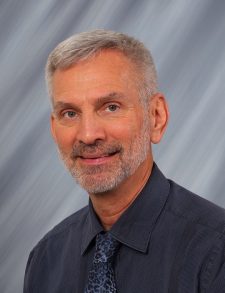
Dr. Steve has been described as a recovery scholar and practitioner, a national and international expert in recovery and its measurement. Dr. Steve would disagree, describing self as a recovery guide. One can learn from many sources and Dr. Steve is only one such source. In practice, Dr. Steve has helped champion better understanding of, and addressing the complicated, interrelated physical, psychological, social, cultural and moral impact of trauma in the lives of children, youth, adults and families with complex needs, especially behavioral health and criminal justice. A trauma informed system, which provides trauma specific services in culturally resonant ways, is crucial to treatment and recovery. Dr. Steve has served on several behavioral health related state and national task forces and committees. Dr. Steve has spent considerable time in the field working directly with service providers and consumer organizations to apply our joint knowledge in concrete ways to improve services. This not only keeps Dr. Steve's work grounded but also provides a direct contribution back to those that support recovery and wellbeing and also informs Dr. Steve's teaching. Dr. Steve’s state and territory collaborations include Arizona, California, Colorado, Guam, Hawaii, Iowa, Michigan, Missouri, New York, Oklahoma, Rhode Island, South Carolina, Texas, Utah and Washington and Dr. Steve’s international collaborations include New Zealand, Switzerland, Canada (French and English provinces), Australia, Scotland, England, Colombia and India. Dr. Steve’s self-care activities include biking, rowing, outrigger canoe paddling, concerts and traveling.
Areas of expertise: Dr. Steve's social work practice has included behavioral health, human rights, supports for physical and neuro divergent people; workforce, program and community development; and cross-system infrastructure development to advance this recovery-based, trauma-informed care. Dr. Steve’s scholarship has involved qualitative research as to recovery regarding severe and persistent mental illness and measurement of such recovery; marginalization, identity formation, violence; navigation into adulthood and across minority into majority cultures for the young hearing adults of Deaf parents and young heterosexual adults of Gay/Lesbian parents; and LGBTQ+ mental health experiences, points of resilience, & behavioral health care needs. Dr. Steve’s quantitative research has focused on supported employment and Concept Mapping exploring recovery supporting community and (separately) gay male resilience.